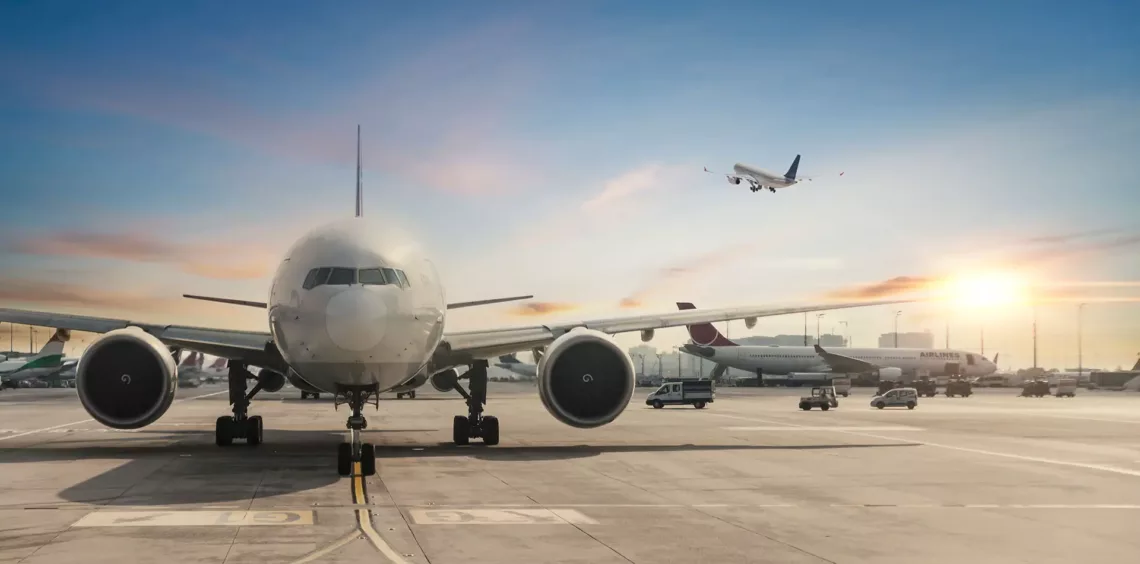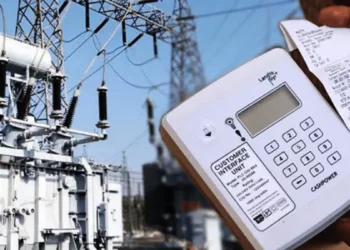United Airlines, on Monday, sought government intervention and palliative for operators in other to subsidise the harsh environment they operate.
This, he said, is necessary due to the excruciating condition local airline operators are currently operating.
NATIONAL ECONOMY reports that United Nigeria Airlines had started operation on February 12, 2021 during the COVID-19 pandemic.
Speaking to Journalists to commemorate the airline’s second anniversary in Lagos, the airline’s chief operating officer, Osita Okonkwo stressed that there was no way airlines can be profitable by charging fees that can rarely make them survive in the face of excruciating access to foreign exchange, skyrocketing price of Jet-A1.
Okonkwo identified forex difficulty and high cost of aircraft maintenance as some of the issues operators are facing, saying, it would not be out of place if the government intervene through assistance to keep the carriers afloat.
“There is the need for government’s intervention in airlines in Nigeria. The United States and the United Kingdom have done that especially when there are big issues. That is not asking for too much. They have intervened in some companies and given forex to some companies, they should extend to the airlines.
“Every component of aircraft has diminishing value. When we started in 2021, fuel was N200 and suddenly it jumped to N300 per litre and now, it is about N800 per litre. To get foreign exchange, you have to be on a queue. While you are on a queue, you have aircraft on ground (AOG) that are waiting to be ferried overseas for heavy maintenance,” he pointed out.
He explained that, the carriers were at a crossroads when jet fuel suddenly jumped to N800 per litre from N200, forcing airlines to hike fares to between N70,000 and N90,000 for an hour flight.
Okonkwo explained that, lighter and smaller aircraft like the CRJ, Embraer and ATR would require 1, 300 litres of fuel for an hour flight while bigger aircraft such as B737, Airbus aircraft or MD-83 would gulp over 3, 000 litres for the same one hour flight.
Giving details, he stated further that, “aviation fuel is currently sold for between N790 and N800 per litre and for 1,300litres for CRJ and Embraer, you spend between N970,000 and N1.04 million for one hour trip, however, at N45,000 for each passenger for a 90-passenger aircraft, the airlines rake in N4.05 million and N3.14 million on a 70-seater aircraft. Most times the airlines carry less than that number on most of their flights which are normally one hour.
“After deducting the cost of fuel, and charges to various aviation agencies like the Federal Airports Authority of Nigeria (FAAN), the Nigerian Airspace Management (NAMA) and the Nigerian Civil Aviation Authority (NCAA), what remains are so small to sustain their operations.”
“We did not fix prices then. We did not collude to fix prices. People are underwriting costs. There is no way you can survive on N40,000 airfare,” Okonkwo added.
Stating that the airliner started with six destinations, but it is now going to many destinations, he added that the environment is uncertain in terms of forex, and jet fuel.
“When we came in, we met others who had been there and learnt from the mistakes they made which has helped us. The ministry of Aviation, FAAN, NCAA and NAMA have been very supportive. We have airlifted 800, 000 passengers since we started operations. We hope to celebrate when the number hits 1 million.”





